
Pride Toronto members vote against allowing uniformed police in parade
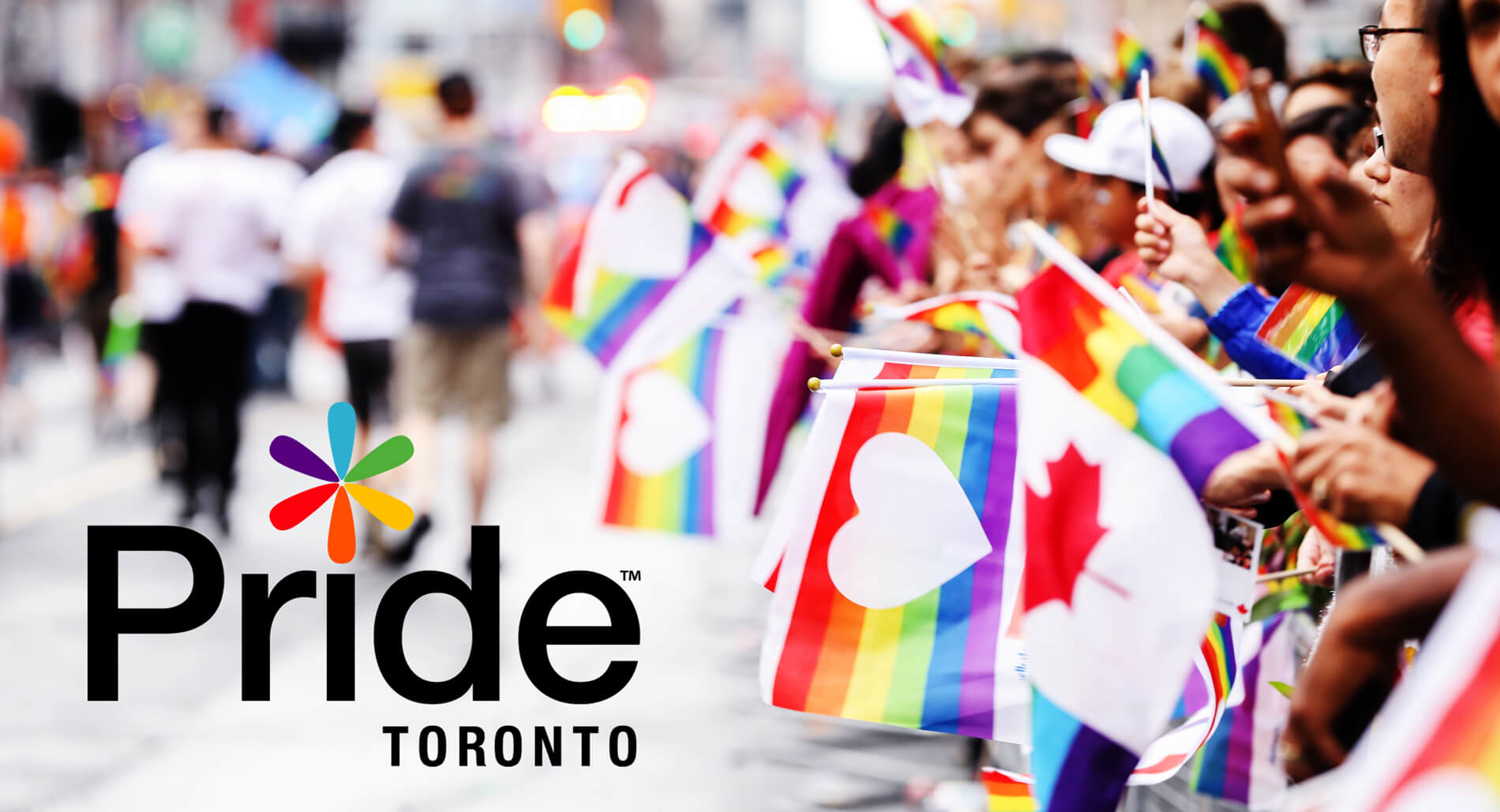
Pride Toronto members narrowly voted down an initiative to once again allow police to march in the city’s parade while in uniform.
The vote came down to 163 votes against to 161 votes for removing the ban on uniformed police marching that was instated in 2017.
The CBC reported that Pride Toronto members were frustrated that the organisation opted to revisit the ban, with a document sent to members suggesting funding was a factor.
Many in Toronto’s LGBTI community say Toronto police ignored their warnings that a serial killer was operating in the city’s gay village, with Bruce McArthur ultimately arrested and charged with the murder of eight men between 2010 and 2017.
Tensions between Toronto Police Service and Toronto’s LGBTI community have been high for years, and made even more fraught after it was revealed that the TPS had interviewed Bruce McArthur, a serial killer who targeted men in the city’s gay village, years before he was ultimately arrested.
McArthur was charged with the murder of five men in Toronto early last year, after years of LGBTI people warning police that the routine disappearances of gay men – mostly non-white, sometimes homeless – was a pattern, not a coincidence.
“You know about the people we lost while begging the police to do something for decades, though perhaps their names escape you,” wrote the University of Toronto’s Anthony Oliveira last year, in a piece on why police should remain separate from the city’s pride event.
“There are, after all, so many of them: Majeed Kayhan, Selim Esen, Skandaraj Navaratnam, Andrew Kinsman, Dean Lisowick, Soroush Mahmudi, Abdulbasir Faizi, Kirushna Kanagaratnam.
“The decades of grisly cold cases, now reopened, despite the mockery they once gave us for suggesting there was a killer; the blame the police chief tried shifting to us when the killer was caught too late.”
Critics of the TPS argue that the spate of murders in Toronto’s gay village – which also includes Tess Richie, whose body was found not by police but by her mother in a stairwell two doors from where she last seen, and the bungled investigation into the death of trans woman of colour and sex worker Alloura Wells – throws the police’s relationship with the city’s LGBTI community too far into question.
A wedge was driven further when Toronto’s police chief Mark Saunders said that they “knew that people were missing and we knew we didn’t have the right answers, but that “nobody was coming to us with anything.”
He said that police knew “something was up” but that investigators “did not have the evidence” to do anything about it, despite having interviewed McArthur.
“If anyone knew before us, it’s people who knew him very, very well,” Saunders said, which many in Toronto’s queer community saw as victim-blaming.
Toronto police have also come under fire in recent years over video of an incident in which police officers kicked and tasered a man, while one officer shouted at a bystander, ““He’s going to spit in your face, you’re going to get AIDS.”
Pride Toronto said that revisiting the ban was the result of structural changes in the organisation, saying in the internal document that “Pride Toronto’s position on the participation of the Toronto Police had to come under reconsideration, as it became clear that while our funding arrangements in the past could withstand our policy on police participation, our future funding could not.”
But the close nature of the members’ vote suggest that Toronto’s LGBTI community remains as divided over the issue of police participation in pride events as Sydney, where Mardi Gras board candidates last year unsuccessfully proposed a uniformed police ban similar to Toronto’s, and Auckland, where the city’s Pride organisation committed to a uniformed police ban late which lead to losses of sponsorship.
In 2016, Justin Trudeau became the first Canadian Prime Minister to participate in an LGBTI pride event.
Pride Toronto’s annual march takes place on Sunday June 23, 2019.




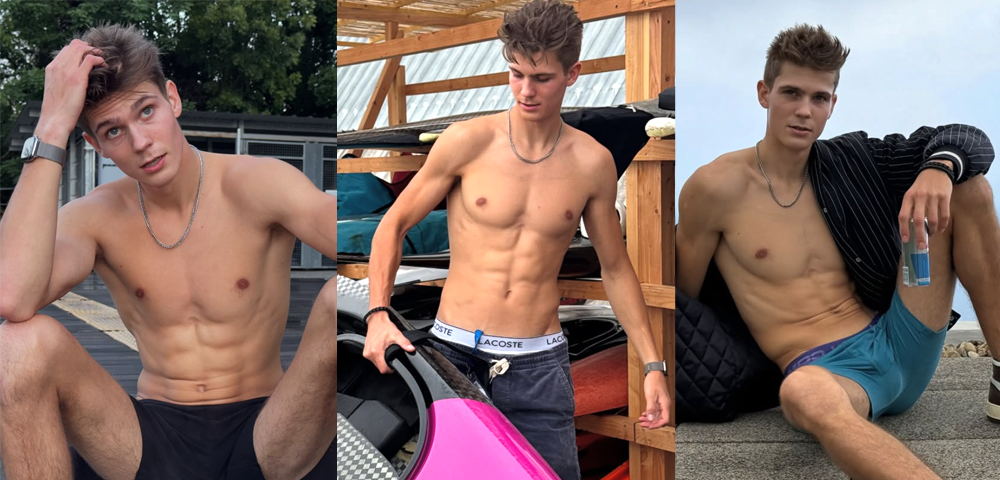
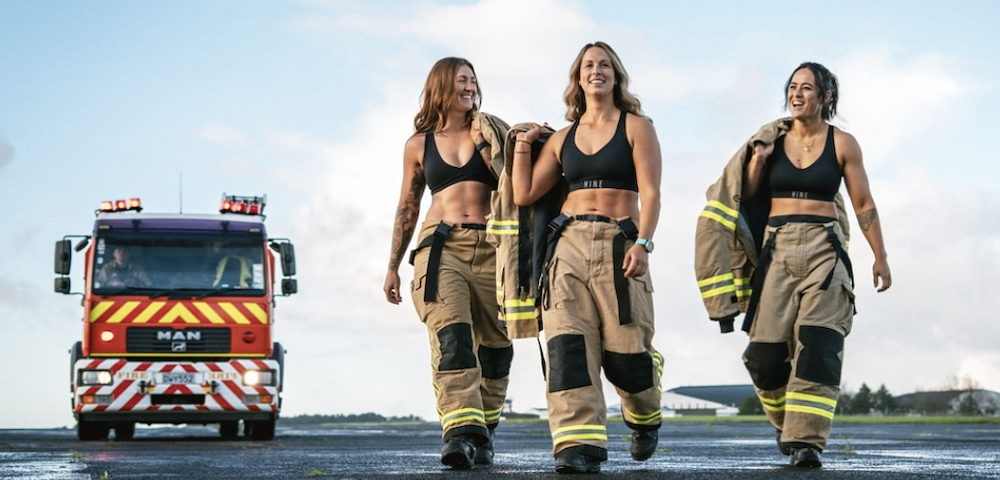
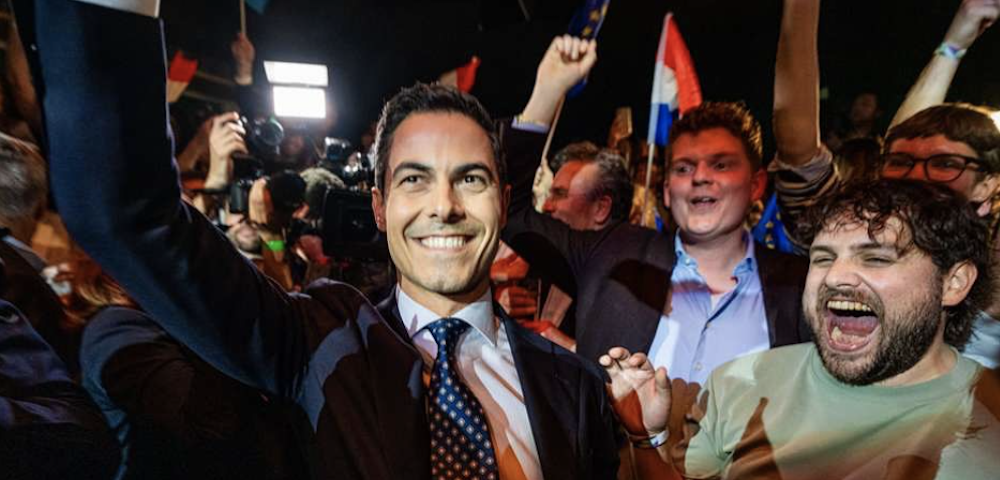
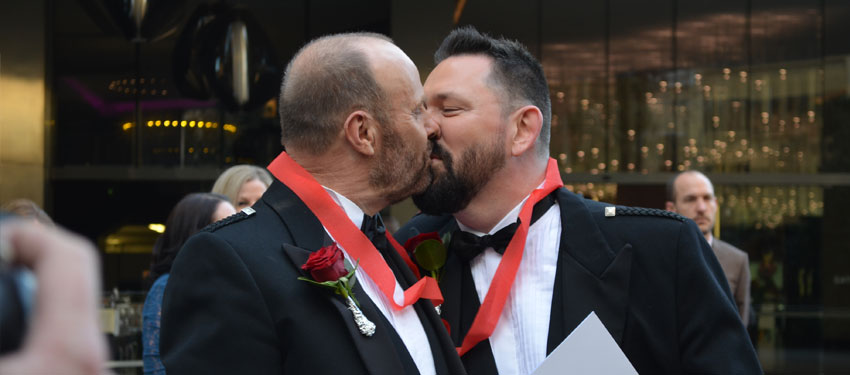
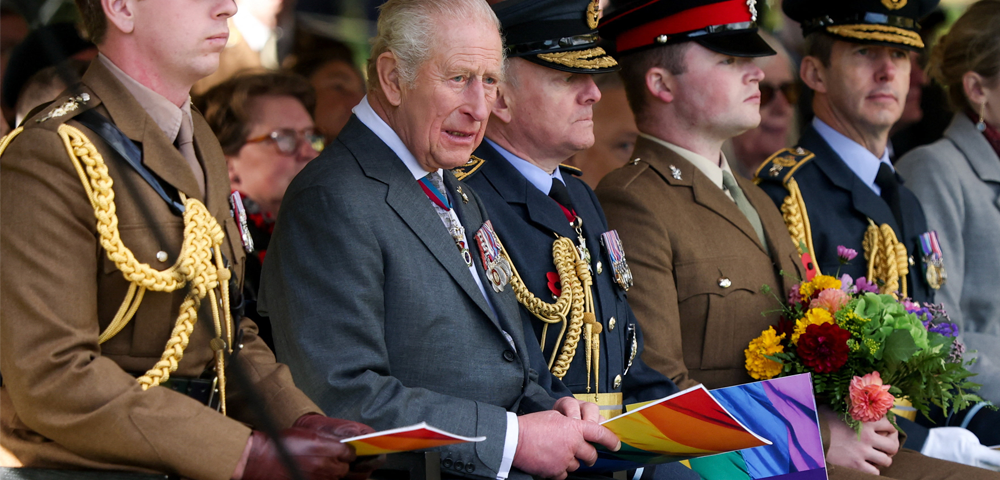
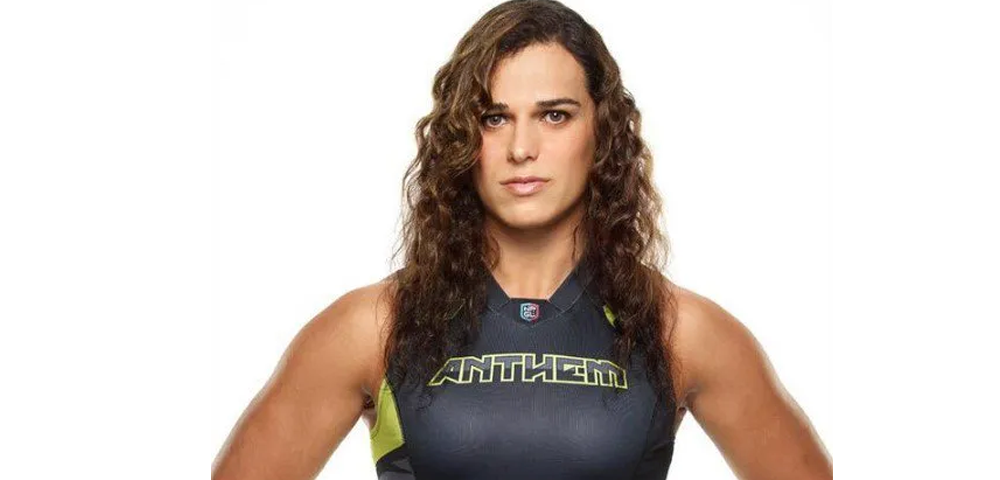
More leftist rubbish, lets ban everything!
I can see this from both sides. On the one hand the cops are more civilised and decent than in previous decades, on the other hand here in SA there are still so many unanswered questions about the death of Dr George Duncan at the hands of police a generation ago that it makes it hard to reconcile.
The police have done a lot to improve, but there are still more steps to take.
yes and this is precisely the reason why NSW police FORCE should not be marching after all the “cold case” dithering, lost files, names of victims even bungled. These public servants who are paid a public pay check should DO THEIR JOB and stop with mealy mouthed hollow apologies that are insulting to the families and victims pushed off the rocks and murdered up and down the NSW coast. THE ONLY CIRCUIT breaker was the tenacious brother of Scott Johnson who refused to buy the wallpapered over excuses and unprofessional behaviour that was the hallmark of homophobia from this hetero boys club